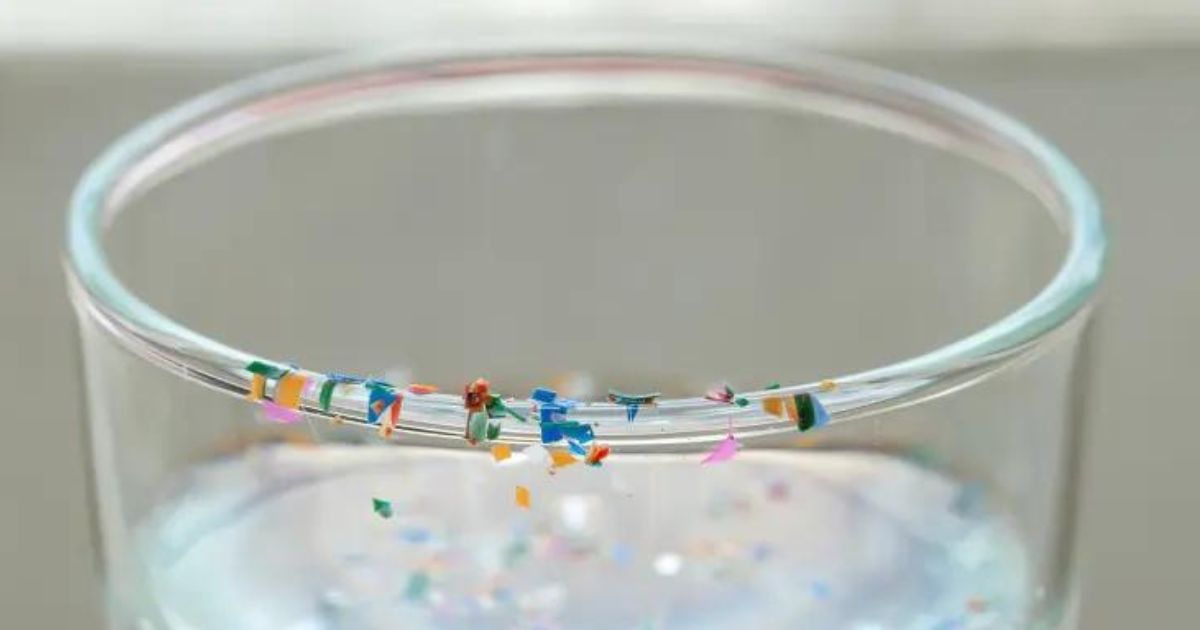In a groundbreaking research study published in Frontiers in Global Women’s Health, the integration of an artificially intelligent (AI) chatbot has demonstrated significant success in providing emotional and mental support to pre- and postnatal women, leading to a notable reduction in the severity of depressive symptoms.
The study focused on mothers utilizing the AI mental health app Wysa, revealing a 12.7% decrease in depressive symptoms among highly engaged users, measured on the Patient Health Questionnaire-9 (from 15.8 to 13.8).
Notably, many participants who were highly engaged transitioned from experiencing ‘moderately severe depression’ to ‘moderate depression’ through their interactions with the AI chatbot.
While the study participants primarily engaged with the AI chatbot regarding their emotions and stressors, without specifically seeking maternal health support, they found a valuable outlet to express concerns, hopes, seek support, share victories, and express gratitude.
Parenthood, especially during the maternal period, poses significant challenges to both mental and physical health, with perinatal mental health issues affecting 10-20% of women in the UK.
Study To Understand AI Chatbot Potential
This study underscores the potential value of AI chatbots in augmenting health information systems and facilitating early detection of postnatal depression, enabling timely intervention.
Becky Inkster, affiliated with the Department of Psychiatry at the University of Cambridge, expressed optimism about the study’s findings, stating, “These findings are very encouraging, especially given that our study demonstrated that conversational AI support helped reduce depressive symptoms across a wide range of maternal events.”
Wysa, the AI mental health app at the center of the study, has already begun integration into various areas of the National Health Service (NHS) in the UK.
In September of the previous year, the solution was introduced to teenagers through Hammersmith, Fulham, Ealing, and Hounslow Mind. Recently, staff in Child and Adolescent Mental Health Services (CAMHS) at Northamptonshire Healthcare NHS Foundation Trust (NHFT) and St Andrew’s Healthcare (STAH) gained access to Wysa’s AI mental health app, further expanding its reach within the healthcare system.
The success of the AI chatbot in reducing depressive symptoms among prenatal and postnatal women highlights the potential of technology-assisted mental health interventions.
As the digital landscape continues to evolve, such solutions contribute to a more comprehensive approach to mental healthcare, offering accessible and effective support for individuals facing various mental health challenges.
As the integration of AI in mental health applications grows, it becomes increasingly evident that technology can play a pivotal role in enhancing mental well-being and addressing specific issues faced by diverse demographic groups.
The positive outcomes observed in this study pave the way for further exploration of AI-driven interventions in mental health, fostering a hopeful future where technology complements traditional approaches to support individuals in their mental health journeys.
This research signifies a significant step forward in recognizing the positive impact of AI chatbots on mental health, emphasizing the importance of continued exploration, innovation, and integration of technology in healthcare practices.








Leave a Reply
You must be logged in to post a comment.